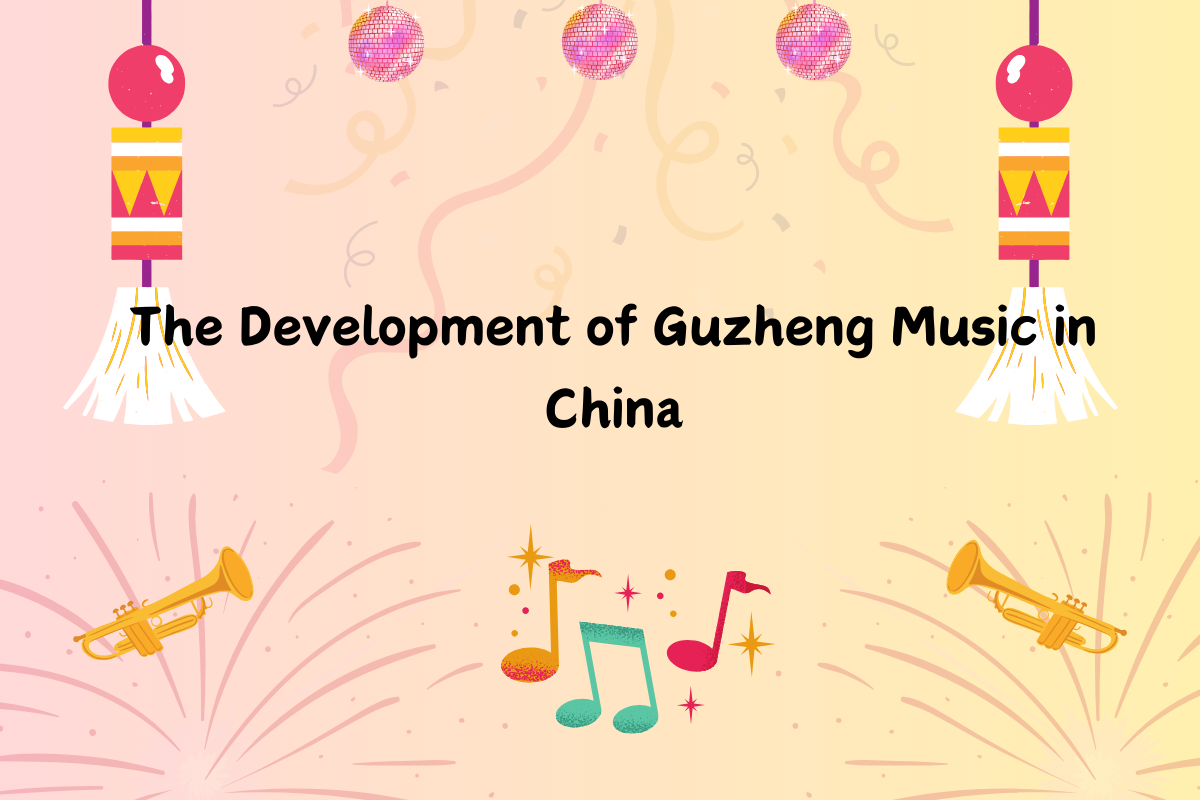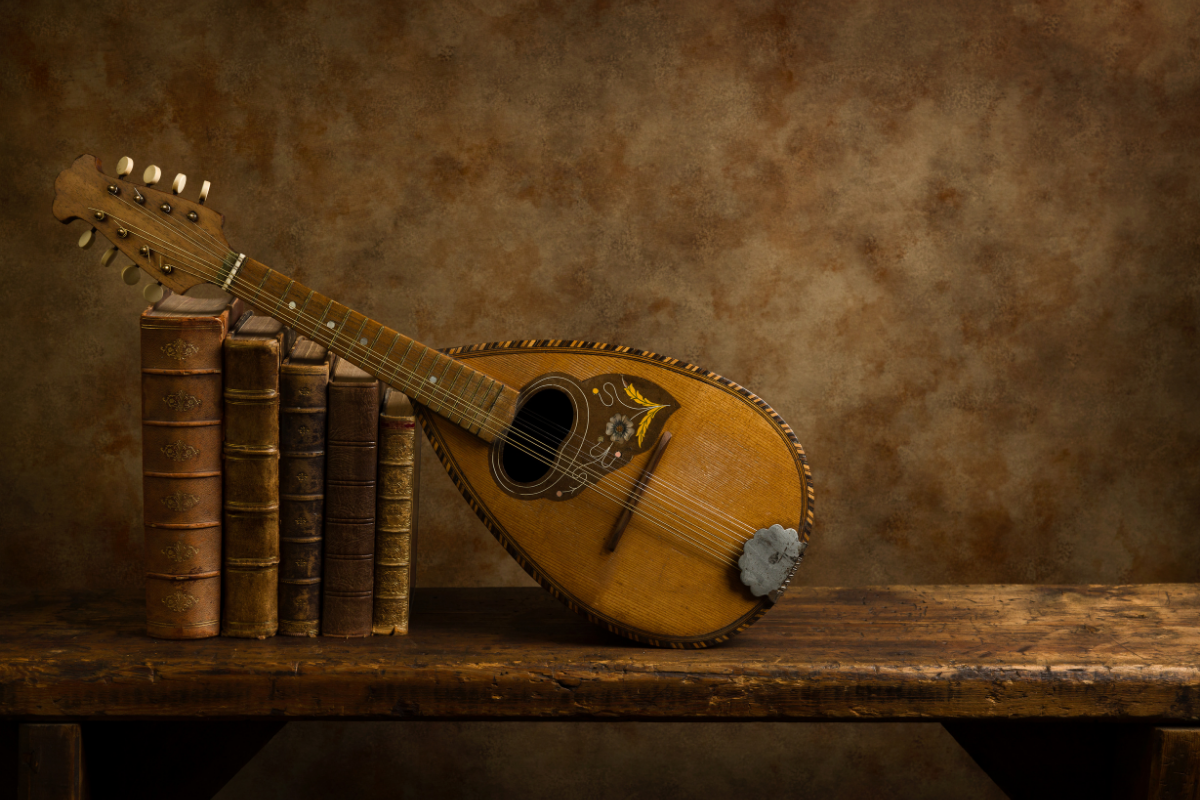The Development of Guzheng Music in China
The guzheng, a traditional Chinese plucked string instrument with a history dating back over two millennia, has played a significant role in Chinese music and culture. In this blog post, we explore the rich and fascinating development of guzheng music in China, tracing its evolution, cultural significance, and enduring appeal.

Ancient Origins
The origins of the guzheng can be traced back to ancient China, where it was known as the "zheng." Initially, it was a simple instrument with fewer strings 弦 (xián), primarily used in court music and ritual ceremonies. Over time, the zheng evolved, gaining more strings, increased sophistication in design, and expanded repertoire, becoming an essential instrument in both classical and folk music traditions.
弦 (xián), noun, string
Examples:
- Playing the piano requires using strings.
弹钢琴需要用到琴弦。
Tán gāngqín xūyào yòng dào qínxián. - This guitar has six strings.
这把吉他有六根琴弦。
Zhè bǎ jítā yǒu liù gēn qínxián.

Cultural Influence
The guzheng has been deeply intertwined with Chinese culture throughout history, serving as a symbol of refinement, elegance, and artistic expression. It has been featured prominently in traditional Chinese opera 歌剧 (gē jù), instrumental ensembles, and solo performances, captivating audiences with its melodic beauty and emotional depth. From the imperial courts to the countryside, the guzheng has left an indelible mark on Chinese musical heritage.
歌剧 (gē jù), noun, opera
Examples:
- This is a classic opera.
这是一部经典的歌剧。
Zhè shì yī bù jīngdiǎn de gējù. - I like listening to opera music.
我喜欢听歌剧音乐。
Wǒ xǐhuān tīng gējù yīnyuè.
Modern Revival
In the 20th century, the guzheng experienced a resurgence in popularity, thanks to efforts to preserve and promote traditional Chinese music. Musicians and educators began to innovate new playing techniques, expand the instrument's repertoire, and adapt it to contemporary musical styles. Today, the guzheng enjoys widespread popularity both in China and around the world, with dedicated schools, competitions, and festivals celebrating its rich tradition and cultural significance.
Key Sentences:
- She is learning to play the guzheng.
她正在学习弹古筝。
Tā zhèngzài xuéxí dàn gǔzhēng. - Last night, I went to a guzheng concert.
昨天晚上我去听了一场古筝音乐会。
Zuótiān wǎnshàng wǒ qù tīngle yī chǎng gǔzhēng yīnyuèhuì. - This musician is skilled at playing the guzheng.
这位音乐家擅长演奏古筝。
Zhè wèi yīnyuèjiā shàncháng yǎnzòu gǔzhēng.